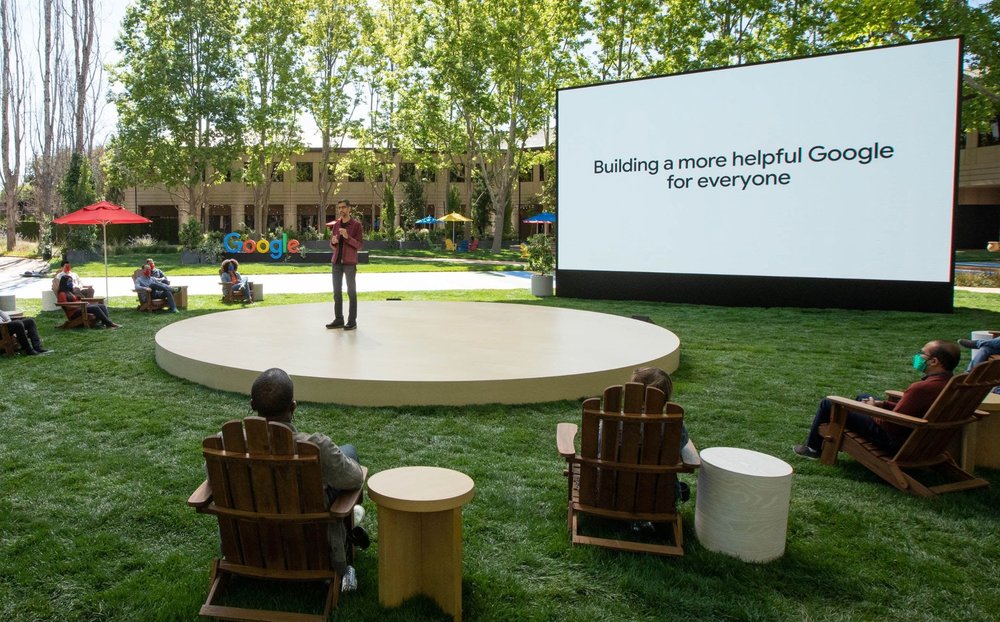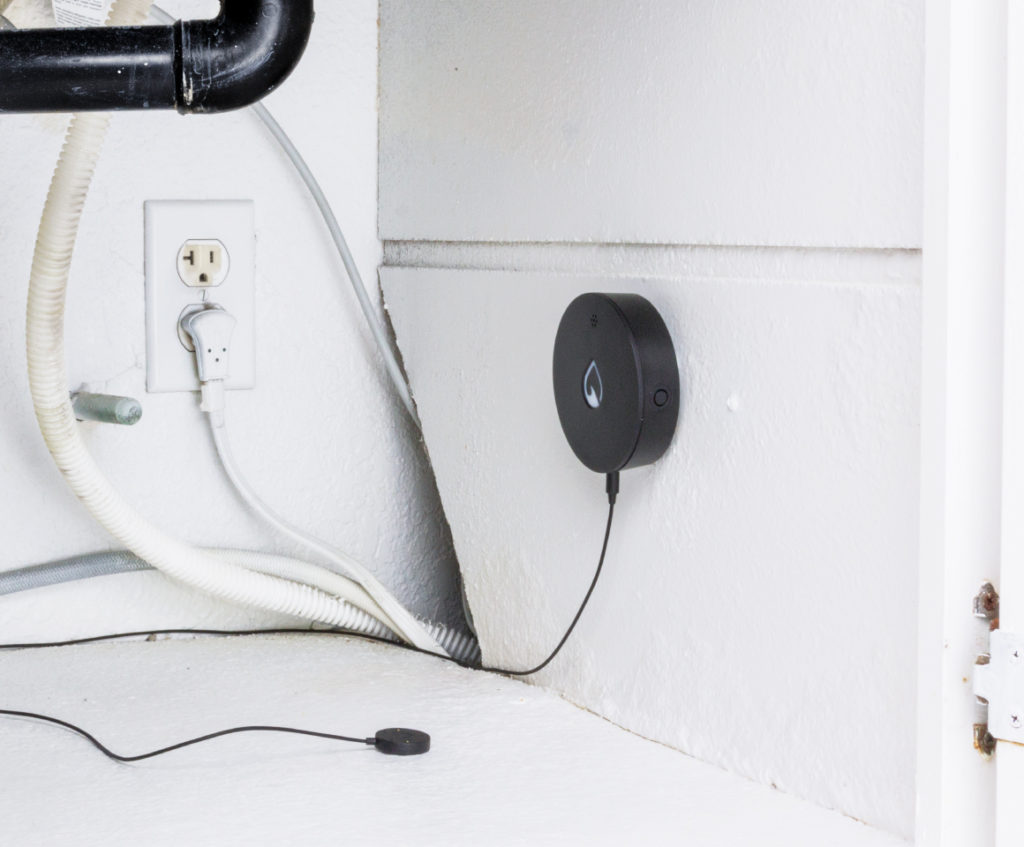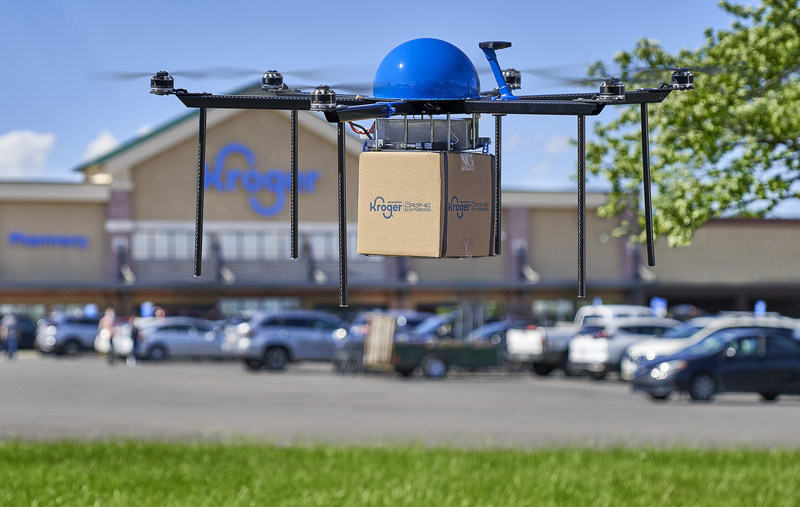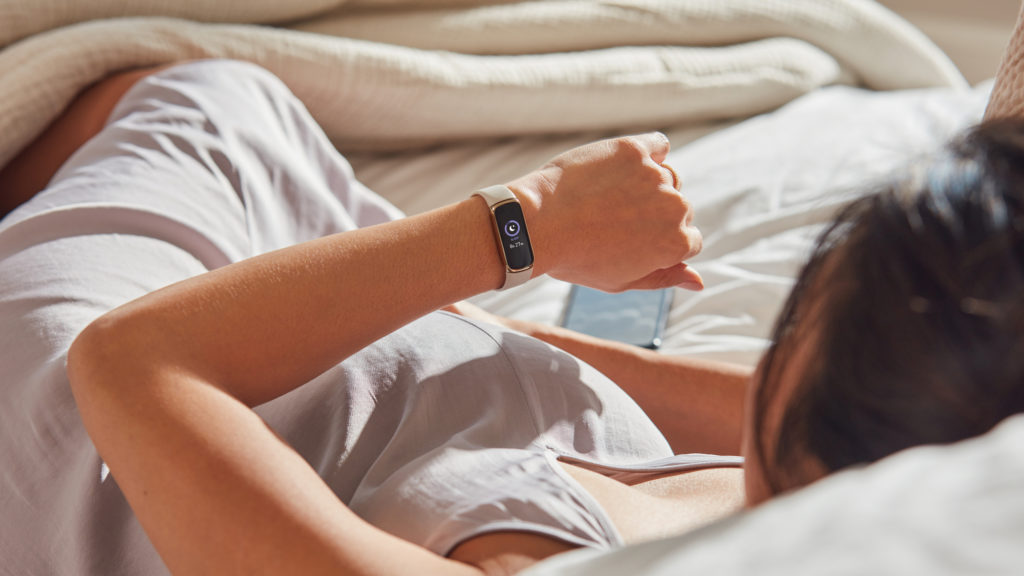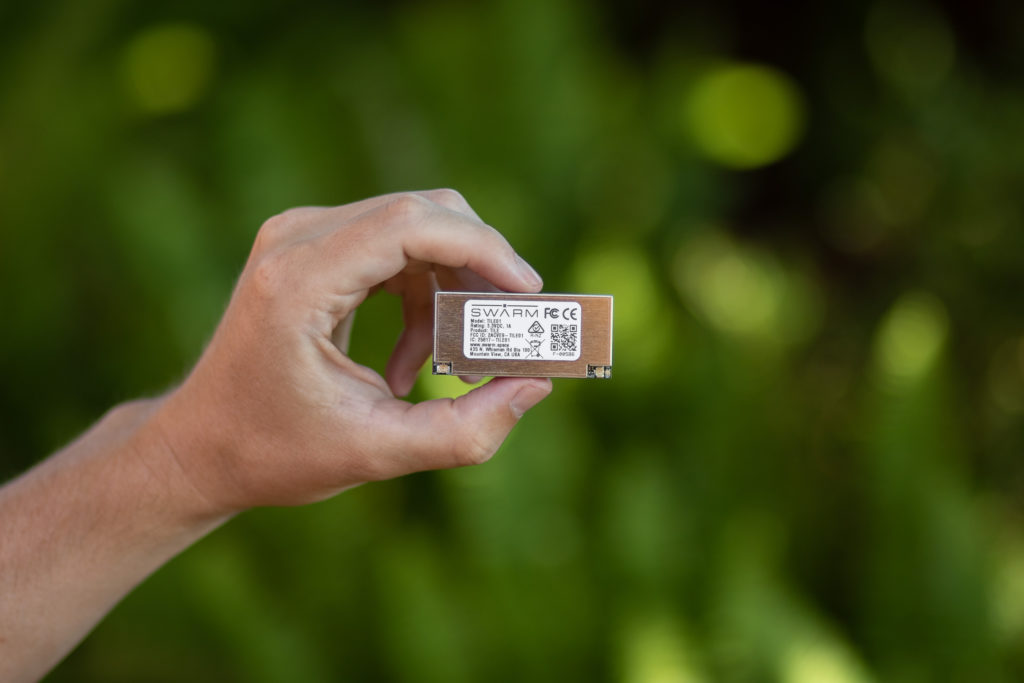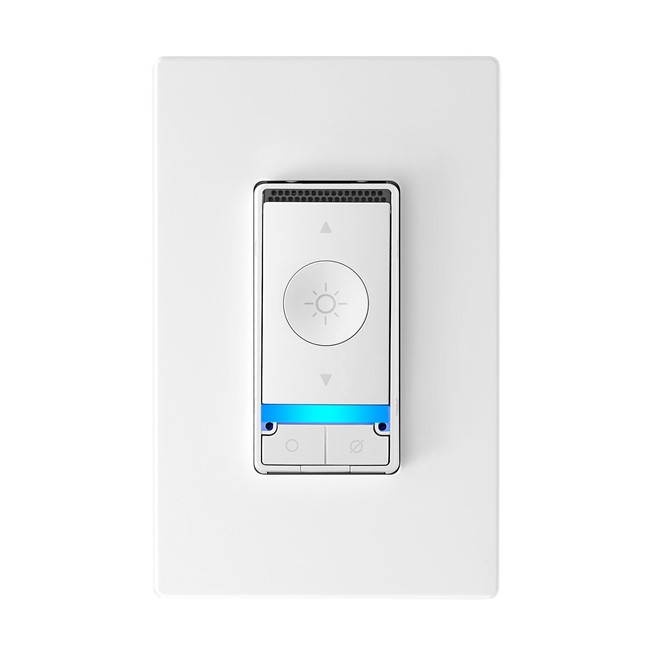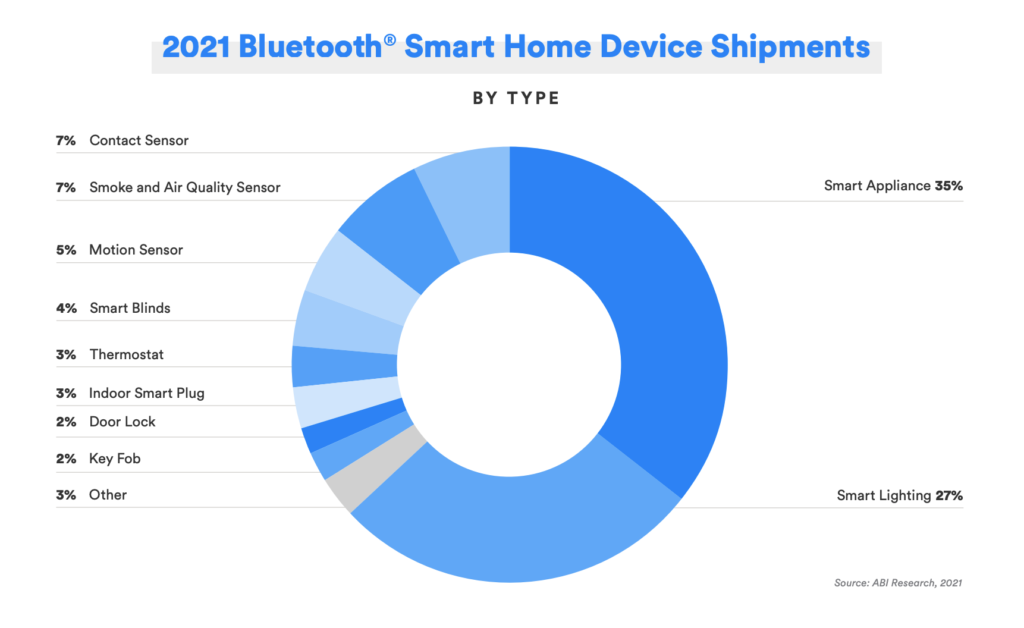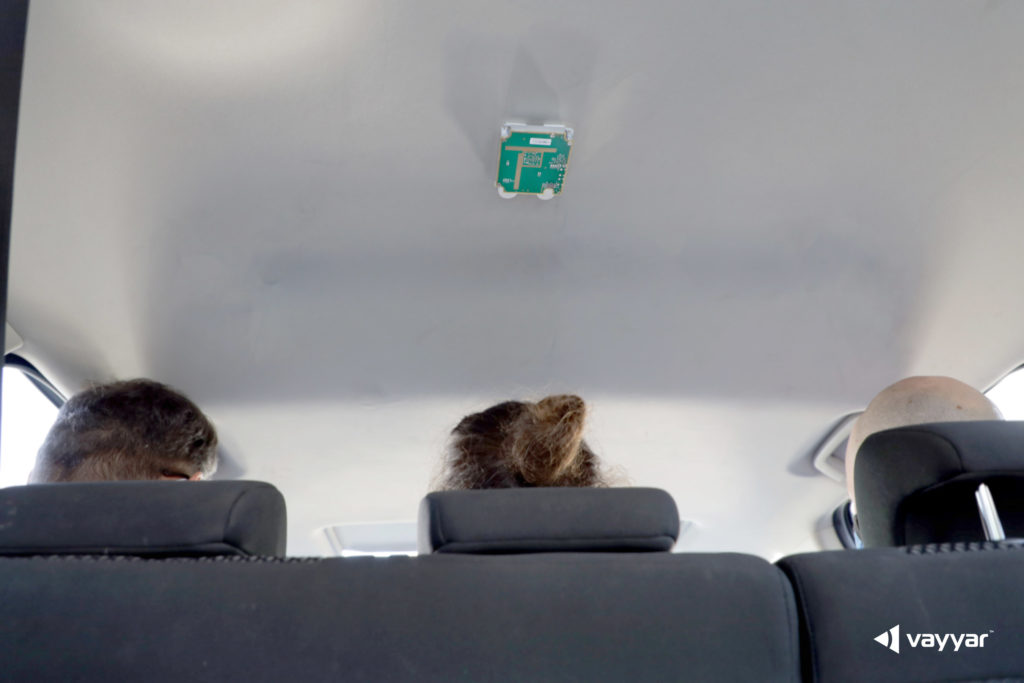Did you know that Roku aims to get into the smart home game? We discuss that along with a new set of vulnerabilities in Bluetooth during the first part of the show, before moving onto Google’s new Fuchsia OS and some updates from Google I/O. After that, we discuss surveillance technology from China and the need for more discussion and disclosure around new technology purchases by local governments. We touch on a proposed data privacy law, new HomeKit support for the Eero 6 routers, and Wyze night lights. We end the news segment by answering a listener question about the Wyze security system and Yale locks.

Our guest this week is Beth Flippo, CTO at Telegrid, which owns DroneExpress. DroneExpress has built a drone delivery service based on drone and radio technology built by Telegrid for the military. With DroneExpress, Flippo aims to build a business delivering items weighing less than five pounds within a small radius. This month Kroger announced it was trying the service for grocery delivery. We discuss why Teregrid decided to sell a service as opposed to the technology, what niche drone delivery serves, and even how widespread drone delivery could change consumer packaging. We also talk about the limitations of drones and Flippo’s belief that drone delivery could reinvigorate brick and mortar businesses.
Hosts: Stacey Higginbotham and Kevin Tofel
Guest: Beth Flippo, DroneExpress
Sponsor: Very
- What will Roku do in the smart home?
- Kevin thinks Google’s Fuchsia OS will be good for the IoT
- Technology is a tool, but we need to understand its potential uses
- Why sell hardware when you can sell a service?
- How drone delivery might influence the size of consumer packaged goods
Podcast: Play in new window | Download | Embed
Subscribe: RSS

